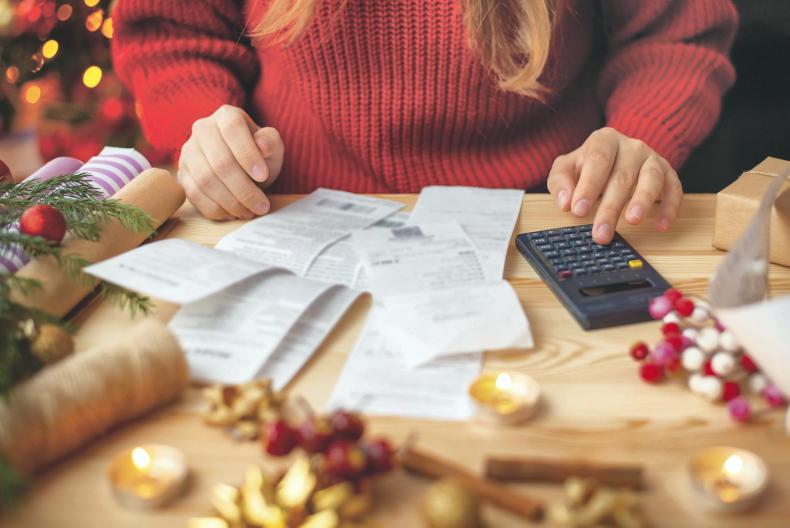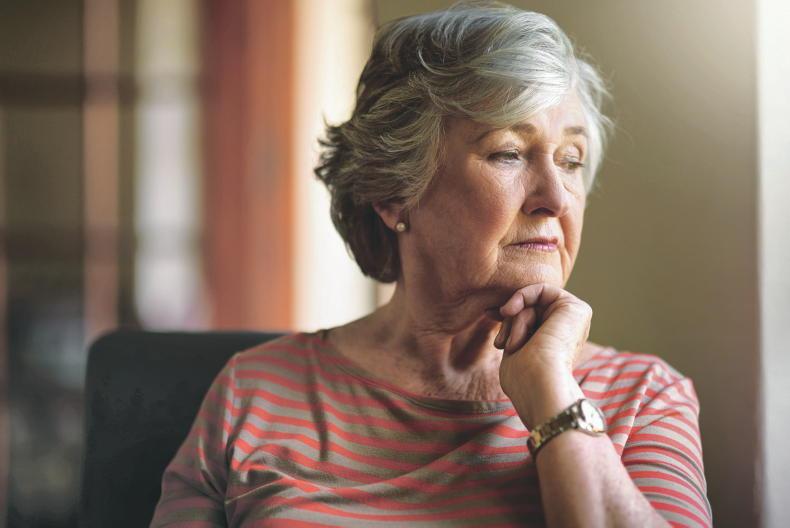Dear
Margaret
I am a married beef and sheep farmer. I also have a part-time job, as does my wife. We have two small children.
My wife owns a one-bedroomed apartment in Dublin city, which she bought in 2006 as a first time buyer for €190,000, with a 25 year mortgage. She lived there for five years, before moving down the country when we got married. We rent the apartment for €1,000 per month, which more or less covers the mortgage plus some expenses. Its value today would be in excess of €220,000 I think.
The outstanding mortgage is about €81,000 with nine years remaining. We are considering selling it as we spend quite a bit of money on its upkeep, and we have had some issues with various tenants.
We are unsure whether it is a good time to sell now, or should we wait a few more years. The mortgage is on a three year fixed rate of 2.5%. We will need to give the tenants notice if we wish to sell. We have another mortgage on our own home. We could do with the extra money to invest in the farm and pay down our joint mortgage. Any advice would be welcome.
David
Margaret responds
Hi David
There are many accidental landlords in Ireland, mainly due to the property crash. Many rushed to buy properties during the Celtic Tiger, and later found out they were unable to sell when they would have preferred to, due to the lack of buyers and being in a negative equity situation. However, it is a landlords’ market at the moment due to the shortage in supply of residential properties.
Finding a suitable tenant is not always an easy task, and if dependant on the rent to pay the mortgage, it can be a stressful situation. As a landlord, you are responsible for the upkeep of the property and ongoing maintenance, and liable for income tax on the rent, minus any allowable expenses. The property should be registered with the Residential Tenancies Board.
Your own situation, with the rental income sufficient to repay the existing mortgage with a small surplus, is ideal. As the property has also increased in value, you are not in negative equity.
If you sold the property for €220,000 and repaid the existing mortgage in full, you would have about €137,000 net (after selling expenses and excluding any CGT) to invest in the farm and repay some of your family home mortgage. Capital gains tax (CGT) is payable on the sale of any asset, where a profit is made (less the annual exemption of €1,270). There are also allowable expenses in selling, such as estate agent fees, and an allowance for the period in which it was your wife’s main home, so the chargeable gain will be reduced. A principal private residence is exempt from CGT.
Any amount over the annual CGT exemption is taxable as 33%. You should avail of professional tax and legal advice before selling an asset, to ensure you are fully informed.
With residential property prices increasing, the timing seems optimum to sell. Do speak with an estate agent to get their professional advice of the Dublin residential market for the exact location. As the mortgage is on a three year fixed rate, you might also consult with the mortgage provider to check if there will be any penalty if you pay off the mortgage early. The tenants will need to be given adequate notice to leave the property if you do decide to go ahead and sell. You dont say how long the current tenant is in the property but the longer they are there, the longer notice period you need to provide.
All the best,
Margaret
Margaret Nolan, QFA
has over 40 years’ experience in
banking and finance. If you have a financial query for our money experts send us a confidential e-mail to
advice@farmersjournal.ie
Read more
Money Mentor: money tips for farming families in 2022
Money Mentor: farmers with KBC or Ulster Bank mortgages need to consider options
Dear
Margaret
I am a married beef and sheep farmer. I also have a part-time job, as does my wife. We have two small children.
My wife owns a one-bedroomed apartment in Dublin city, which she bought in 2006 as a first time buyer for €190,000, with a 25 year mortgage. She lived there for five years, before moving down the country when we got married. We rent the apartment for €1,000 per month, which more or less covers the mortgage plus some expenses. Its value today would be in excess of €220,000 I think.
The outstanding mortgage is about €81,000 with nine years remaining. We are considering selling it as we spend quite a bit of money on its upkeep, and we have had some issues with various tenants.
We are unsure whether it is a good time to sell now, or should we wait a few more years. The mortgage is on a three year fixed rate of 2.5%. We will need to give the tenants notice if we wish to sell. We have another mortgage on our own home. We could do with the extra money to invest in the farm and pay down our joint mortgage. Any advice would be welcome.
David
Margaret responds
Hi David
There are many accidental landlords in Ireland, mainly due to the property crash. Many rushed to buy properties during the Celtic Tiger, and later found out they were unable to sell when they would have preferred to, due to the lack of buyers and being in a negative equity situation. However, it is a landlords’ market at the moment due to the shortage in supply of residential properties.
Finding a suitable tenant is not always an easy task, and if dependant on the rent to pay the mortgage, it can be a stressful situation. As a landlord, you are responsible for the upkeep of the property and ongoing maintenance, and liable for income tax on the rent, minus any allowable expenses. The property should be registered with the Residential Tenancies Board.
Your own situation, with the rental income sufficient to repay the existing mortgage with a small surplus, is ideal. As the property has also increased in value, you are not in negative equity.
If you sold the property for €220,000 and repaid the existing mortgage in full, you would have about €137,000 net (after selling expenses and excluding any CGT) to invest in the farm and repay some of your family home mortgage. Capital gains tax (CGT) is payable on the sale of any asset, where a profit is made (less the annual exemption of €1,270). There are also allowable expenses in selling, such as estate agent fees, and an allowance for the period in which it was your wife’s main home, so the chargeable gain will be reduced. A principal private residence is exempt from CGT.
Any amount over the annual CGT exemption is taxable as 33%. You should avail of professional tax and legal advice before selling an asset, to ensure you are fully informed.
With residential property prices increasing, the timing seems optimum to sell. Do speak with an estate agent to get their professional advice of the Dublin residential market for the exact location. As the mortgage is on a three year fixed rate, you might also consult with the mortgage provider to check if there will be any penalty if you pay off the mortgage early. The tenants will need to be given adequate notice to leave the property if you do decide to go ahead and sell. You dont say how long the current tenant is in the property but the longer they are there, the longer notice period you need to provide.
All the best,
Margaret
Margaret Nolan, QFA
has over 40 years’ experience in
banking and finance. If you have a financial query for our money experts send us a confidential e-mail to
advice@farmersjournal.ie
Read more
Money Mentor: money tips for farming families in 2022
Money Mentor: farmers with KBC or Ulster Bank mortgages need to consider options









SHARING OPTIONS